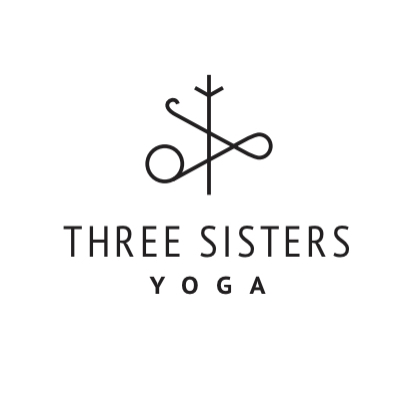Yesterday my son and I were sitting in the park enjoying a little down time between errands. These are some of my favorite moments with Jack because I know he will become introspective and philosophical. Inevitably he always comes to question whether man is a hopeful or hopeless creature, and because Jack is young and full of life, he always declares, “Well, I choose hope because even if it is all hopeless, at least I feel good in the here and now!”
This is, of course, what I wish for him. I want him to see endless possibilities, to be full of hope, joy, and wonder. I want to spare him all of life’s pain and suffering.
But what about those of us who have seen a few things, who have been disappointed? What about those of us who have discovered that life is often hard and joyless? What about those of us who, when we look at the year ahead, feel pretty meh about it? Are we hopeless? Do we lean into toxic positivity? Do we lean into toxic negativity? How do we, who’ve lived a life that is more nuanced and, perhaps a more painful, stay engaged and continue on?
I don’t know. I don’t have platitudes to offer you. I have never been a fan of resolutions, of “New Year, New You!” tropes, or vague assurances that practice and all is coming. I am, at my best, a joyful pragmatist. As such, for 2025, I offer contemplation of Dhumavati, the Goddess of Disappointment.
Most of the time when we talk about the dark side of the goddess we reference Kali, the warrior goddess who burns it all down. Kali is the fierce mother who pulls no punches, who kicks the baby bird out of the nest. She is the goddess who, through her furious action, makes us a better, more renewed version of ourselves. Dhumavati on the other hand, is the goddess of regret, disappointment, mourning and loss. Dhumavati is “a harbinger of worldly misfortune who ironically also bestows the inner gifts of detachment, emptiness, and freedom.” (Kempton, Sally. Awakening Shakti: The Transformative Power of the Goddesses of Yoga. Sounds True. Kindle Edition.) Her seed syllable is pronounced “doom” and means smoke; something ephemeral, wispy, hard to hold. Where Kali is the fire, Dhumavati is the smoke.
So why, at this time of year when conventional wisdom says we think about hope, new beginnings, resolutions, starting again, am I encouraging you to contemplate the Goddess of Disappointment?
Because you do not get fertile ground on a burned field. You get it through a fallow one.
In the year(s) ahead it is important to embrace disappointment and not be afraid of it. Mourning is a part of life. Loss, voids, plateaus are to be expected. Knowing this saves us from great fear. Kali is the warrior, but sometimes after the battle, before you can fight again, there is a battlefield to clean up. There is mourning to be done. To survive a battle means to live with battle wounds and scars. And, if you are lucky, you will grow into an old, crumpled up crone. And I want that for you. I want you to know the crone. I want you to be able to go into the dark night of the soul, the deep chord where, after all the horns have been blown, after all the weapons have clashed, after it’s all been burned down, you hear Silence. Emptiness. Answers.
Kali is a catalyst; we strike the match and make it happen. Dhumavati is inevitable. Disappointment is a fact of living a human life. As long as we have hope, we will also have disappointment.
As much as I may want to shield myself (and my children) from the inevitable, I find it is best to acknowledge it, accept it, meditate on it. This is not to say I dwell on it, or resign myself to it, but I trust that Dhumavati is there within the disappointment, within the sadness, I trust that on the other side of that dark and miserable place there will be something. What that “something” is, I never know, but I do know I don’t need to be afraid of it.
So this year I am wishing you compassion, empathy, forgiveness & love in all your successes and disappointments. May you be present and brave in the face of both.
With love,
Jen



